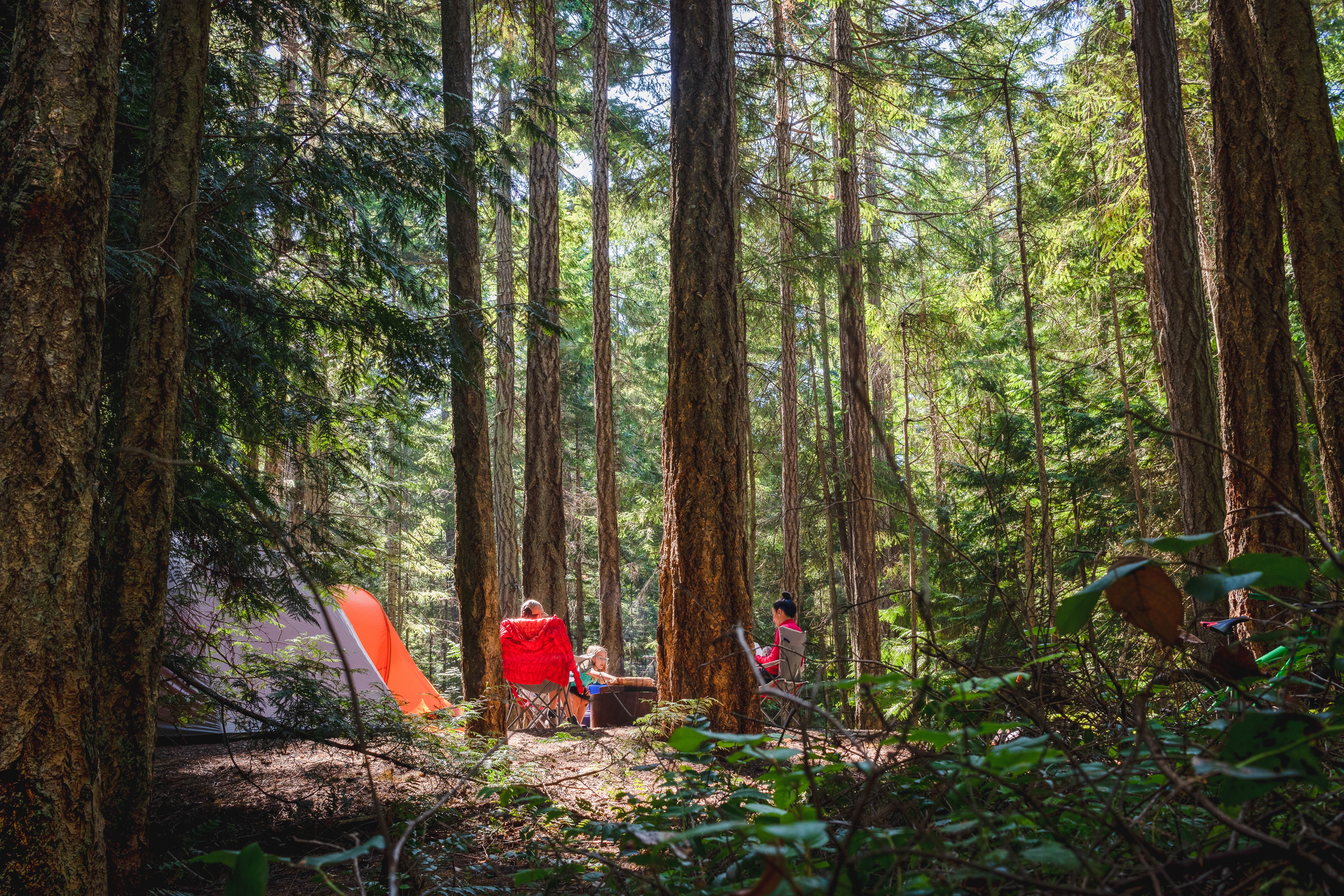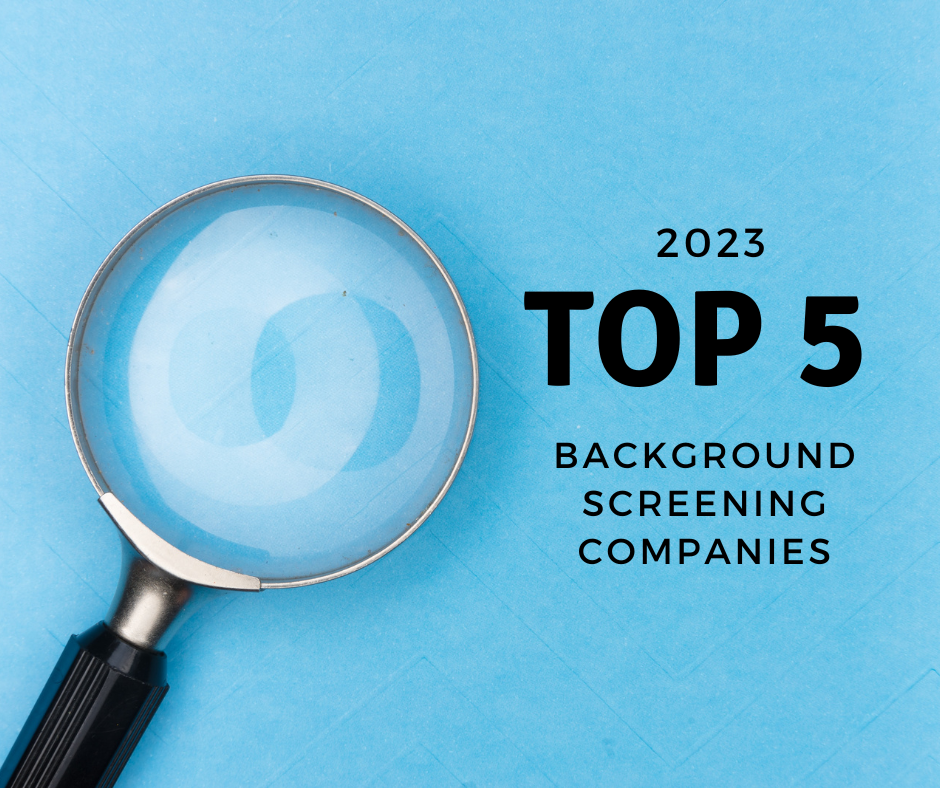What is a Background Check? Simply said, it’s the compiling of public records associated with someone’s criminal or civil history.
Because it’s public data, these records are commodities and accessible in some way (electronically or on-site) to anyone. Knowing this, you could assume all background checks are the same; however, they’re not. In the United States, there are 3,144 counties and within those counties, there are 5,400 courts.
Unfortunately, there is no standardization to how data is reported or what is required for criminal records. This makes it easy to miss criminal records. And, it means that mistakes are common when doing a background screen. Therefore, it’s crucial to do frequent audits of your screening practices in order to prevent risk and ensure safety. Here are five things to consider:
-
How healthy is your data?
Most information received by states is through county records. Ideally, the information would be correct and complete; however, in many cases the records are either missing data or inaccurate. You’ll need to assess what screening methods you’re using to get the best data from every state relevant to your applicants. -
Are you searching counties based on an applicant’s Address History Trace?
Searching counties based on your applicant’s residential history is the first step of a reliable background screen. Don’t depend on a “national” database to find county level offenses. A national database only includes records from approximately 50% of U.S. courts and just as concerning, these databases may not contain the most up-to-date information. -
Should you add a Federal Search?
Federal crime records are not maintained in the same courts that state criminal offenses are and thus, it’s necessary to add a Federal Search to ensure the most complete background screen. This is especially important if your applicant would have access to financial records, if hired, because federal crimes include white collar crimes. -
Are you screening everyone with access to your organization?
What about volunteers, contractors or others? Shouldn’t they be screened in the same way as your employees? Consider making adjustments to your screening process to include screening for everyone involved in your organization. This will help to ensure the safety and security of all parties. -
Are you re-screening?
A background check is only as good as the day it was processed because of course, it cannot foresee future transgressions. While you may have a policy in place to self-report, most employees are too concerned with the repercussions to confess. Nd thus, there could be criminals on your company’s payroll right now. Re-screening can help mitigate your risk by alerting you to any new arrests or convictions since an employee was hired. Re-screening is thus critical to your organization’s safety and success.
It’s always important to confirm that you’re getting the full story.
This is particularly true when it comes to background checks Inaccurate or incomplete reports are of little help when you’re faced with making hiring decisions or placing volunteers within your organization. In fact, effective decisions cannot be made without accurate or complete information. The way to make sure you’re receiving the full story is to check as many sources as possible, including State and Federal background screens. By doing this, you’ll know that you’ve done your best to avoid gaps that may pose problems later.



